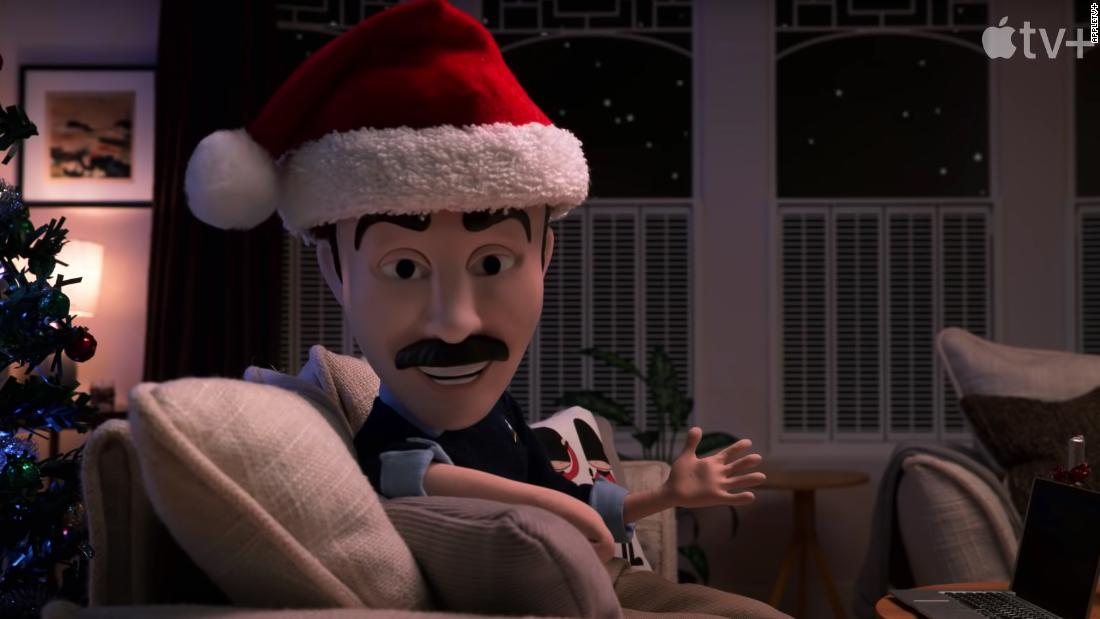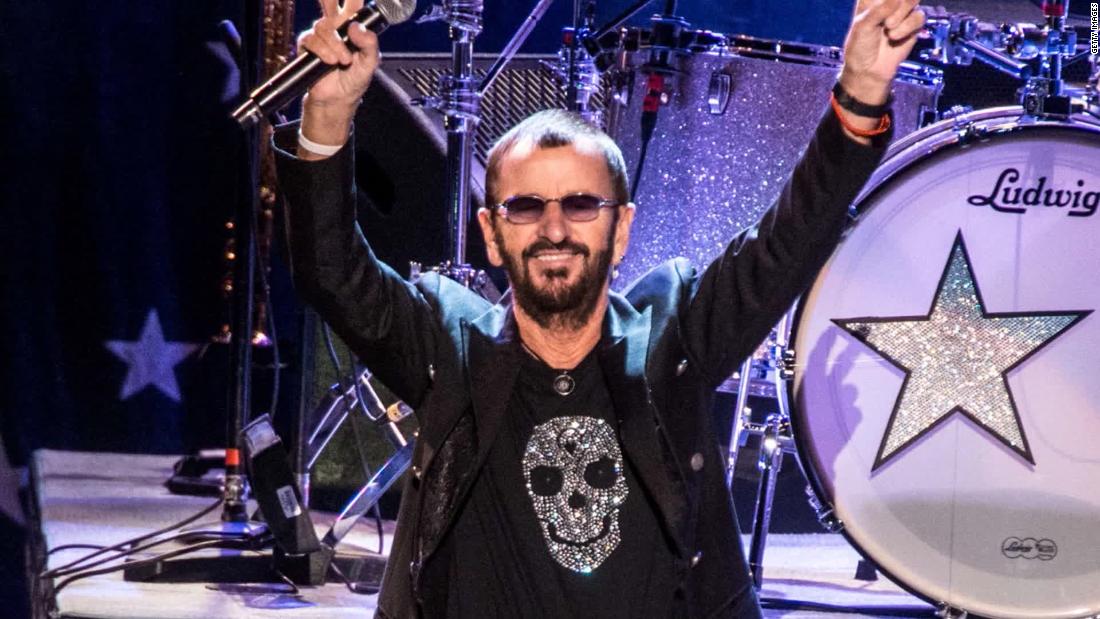How People Are Reacting to Film and Television
The world of film and television has always captivated audiences, providing a form of entertainment that allows us to escape reality and immerse ourselves in compelling stories. In recent years, with the rise of streaming platforms and social media, the way people react to film and television has undergone a significant transformation. This article explores the diverse range of reactions that people have towards movies and TV shows, delving into the impact of social media, the emergence of fan communities, and the influence of reviews and ratings.
The way people react to film and television has undergone a significant transformation in recent years. Social media platforms have empowered viewers to share their thoughts and connect with others who share their interests. Fan communities have become vibrant spaces for discussions and creativity. Reviews, ratings, and influencers influence public opinion and viewership. Memes, fan theories, diversity, and nostalgia all contribute to the multifaceted landscape of reactions. As technology advances, the future of film and television reactions holds exciting possibilities.
The Power of Social Media
Social media platforms such as Twitter, Facebook, and Instagram have become virtual hubs for discussions and reactions to film and television. People share their thoughts, emotions, and opinions in real-time, amplifying the viewing experience. From live-tweeting episodes to creating memes, social media allows viewers to engage with others and form connections based on shared interests.
Building Fan Communities
Film and television have the unique ability to bring people together, and fan communities have become vibrant spaces where enthusiasts can express their love for a particular show or movie. Online forums, subreddits, and fan websites provide platforms for in-depth discussions, fan theories, and fan creations. These communities foster a sense of belonging and allow fans to connect with others who share their passion.
Reviews and Ratings: Shaping Opinions
Reviews and ratings play a crucial role in influencing how people react to films and TV shows. Platforms like Rotten Tomatoes and IMDb aggregate reviews from both critics and audiences, providing a snapshot of public opinion. Positive reviews can generate buzz and increase viewership, while negative reviews may discourage potential viewers. However, it is important to consider that individual preferences can differ, and personal experiences often shape reactions.
The Impact of Streaming Platforms
The advent of streaming platforms like Netflix, Amazon Prime Video, and Hulu has revolutionized the way people consume media. Binge-watching has become a popular trend, allowing viewers to immerse themselves in an entire season or series in one sitting. This shift in viewing habits has led to new ways of reacting, such as discussing cliffhangers, plot twists, and character developments with fellow viewers.
The Role of Memes in Pop Culture
Memes have become a prevalent form of expression in the digital age, and they play a significant role in shaping reactions to film and television. Memes provide a humorous and relatable way to convey emotions and opinions about specific scenes, characters, or plotlines. They often become viral, spreading rapidly across social media and creating a shared cultural reference point.
The Influence of Influencers
Influencers, including YouTubers, bloggers, and social media personalities, have gained prominence in the realm of film and television reactions. Their reviews, analyses, and breakdowns hold sway over their followers, who often rely on their opinions to determine whether a movie or show is worth watching. The influence of these individuals can shape the overall reception and success of a film or TV series.
Cultivating Fan Theories
Film and television enthusiasts love to speculate and develop intricate theories about the plot, characters, and hidden meanings within their favorite shows and movies. Fan theories create a sense of excitement and anticipation, encouraging viewers to engage in discussions and analysis. The internet has provided a platform for these theories to flourish, allowing fans to connect and share their speculations.
Diversity and Representation in Media
In recent years, there has been a growing demand for diversity and representation in film and television. Audiences are increasingly conscious of the need for authentic portrayals of different cultures, races, genders, and sexual orientations. Reactions to media now often include discussions around the inclusivity and representation within the content, which has sparked important conversations and influenced the industry to be more inclusive.
The Role of Nostalgia
Nostalgia has a powerful effect on people's reactions to film and television. Remakes, reboots, and sequels of beloved franchises often evoke strong emotions and spark intense discussions. The opportunity to revisit familiar characters and worlds can be both exciting and polarizing, as fans have high expectations for maintaining the essence of the original while introducing something fresh.
Interactive Viewing Experiences
Interactive viewing experiences, such as interactive storytelling and choose-your-own-adventure narratives, have gained popularity. Platforms like Netflix's "Black Mirror: Bandersnatch" allow viewers to make decisions that impact the storyline. These interactive elements generate unique reactions, as viewers become active participants in the unfolding narrative.
Controversies and Backlash
In the age of social media, controversies surrounding films and TV shows can quickly gain traction. Casting choices, plot twists, or creative decisions can generate heated debates and backlash. These controversies often result in polarized reactions, with some defending the artistic choices while others criticize them vehemently. Controversies can shape public perception and influence viewership.
Balancing Artistic Vision and Fan Expectations
Filmmakers and showrunners face the challenge of balancing their artistic vision with the expectations of their fanbase. Striking the right chord is crucial, as satisfying fans while delivering a fresh and compelling narrative is no easy task. Reactions to film and television can vary greatly depending on how successfully creators navigate this delicate balance.
International Impact and Cross-Cultural Reactions
Film and television have transcended borders, reaching audiences worldwide. Different cultures bring diverse perspectives and reactions to the content they consume. Localization, dubbing, and subtitling play a significant role in making media accessible to international viewers. These cross-cultural reactions enrich the discourse around film and television, showcasing the global impact of storytelling.
The Future of Film and Television Reactions
As technology continues to advance, the future of film and television reactions is bound to evolve. Virtual reality, augmented reality, and artificial intelligence may introduce new ways for viewers to engage with content. The lines between creators and audiences may blur further, enabling interactive and personalized experiences. The landscape of reactions will continue to transform, shaping the future of entertainment.




:strip_exif(true):strip_icc(true):no_upscale(true):quality(65)/cloudfront-us-east-1.images.arcpublishing.com/gmg/MGOPKQZ2QJC5ZBIZIJ45OJE3VE.jpg)


:strip_exif(true):strip_icc(true):no_upscale(true):quality(65)/cloudfront-us-east-1.images.arcpublishing.com/gmg/ZNDEDHWC3NDWJL7JPG25667QLY.jpg)
 English (US) ·
English (US) ·